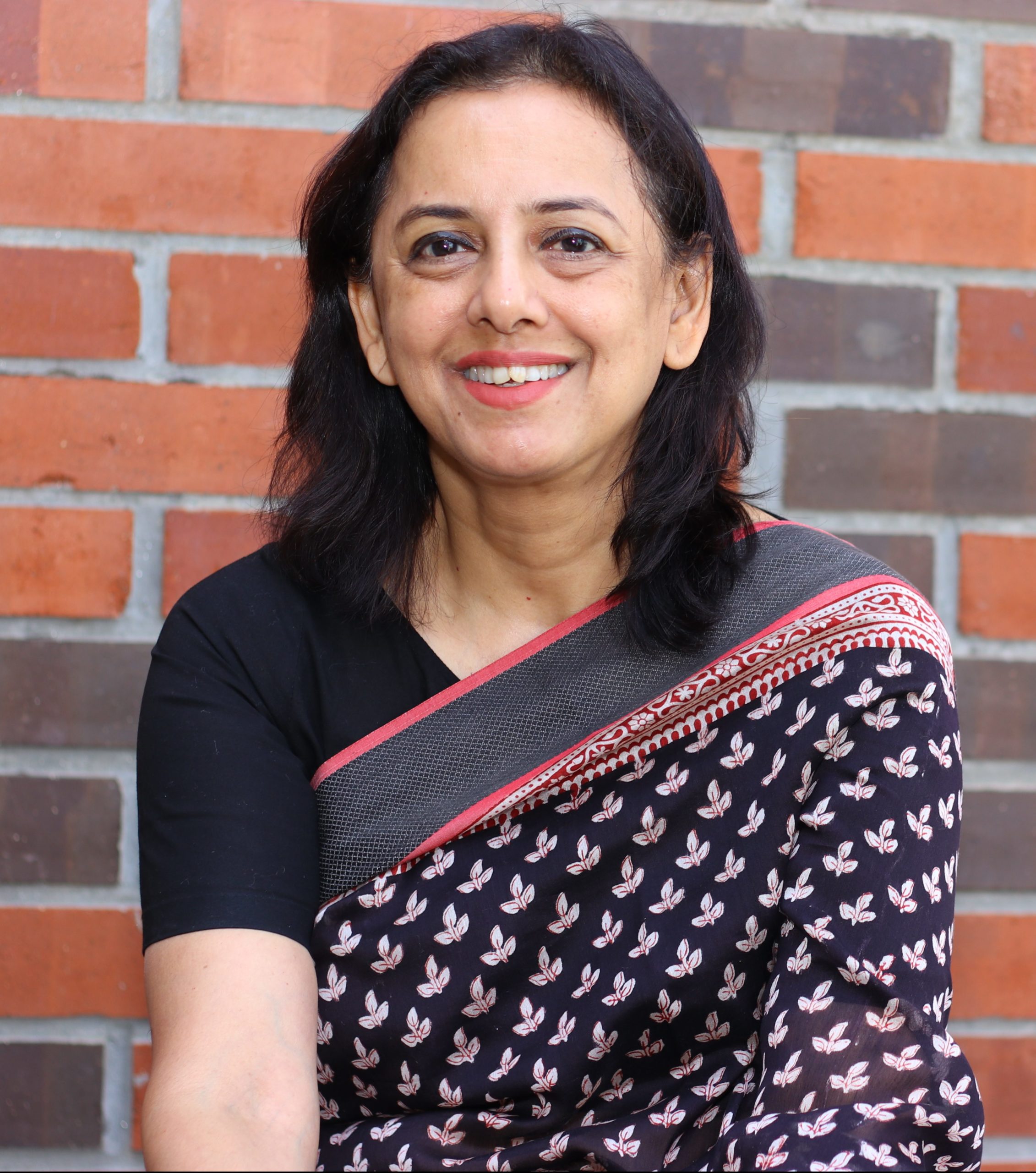Being a part of the founding team of a start-up liberal arts university was a wholly new experience for me and one that I approached with a certain amount of trepidation. Working with a bunch of bright young adults selected for the Young India Fellowship (YIF) at Ashoka University, I found myself often suspending judgement, honing my listening skills, weighing my words and conducting myself as if I was under intense scrutiny. It was a lot of hard work and learning.
At the end of the five-year association with YIF, I can safely say that I have learnt far more from them than they ever did from me. My biggest lessons have come from the young minds and hearts that I had the good fortune of knowing very closely.
Acceptance of self and others
One important lesson I learnt from my young students is the power of empathy, inclusion and acceptance. I admire how they are able to, so effortlessly, accept themselves and others as they are; they wear their gender identities and sexuality as a badge of honour rather than be apologetic about who they are; they cannot be shamed for their bodies, their preferences or choices.
The younger generation believes in talking, discussing and confronting problems—be it social issues, issues related to mental health, sexuality, physical well-being—rather than shying away from these, thus aiding the creation of more aware and inclusive societies.
My time with YIF introduced me to a generation that believes in collaboration rather than competition, in including rather than excluding.
A willingness to question
While today’s young people are keen to learn, they are also fearless and constant questioners of status quo. My students questioned why a course in history only spoke about male leaders of the past, they questioned and challenged discrimination, rules, norms. They questioned everything–and as people responsible for their learning, we had to have our responses in place and our intentions crystal clear. Forced to constantly interrogate my own opinions and beliefs, I found myself becoming more open-minded and accepting of new ideas and worldviews.
The spirit of service
I remember how one of my cohorts insisted on having a ‘Service Day’ to serve those who served us. And as I look around and see the career choices that several young people are making today, I see this deep desire to serve and be actively involved in the process of creating a better world.
When Chinese premier Xi Jinping announced his plan to send millions of youth volunteers back to the villages so as to use science and technology to help rural China innovate its traditional development models, I couldn’t help thinking to myself that this kind of a revolution has already begun in India.
Fellowships such as the Gandhi Fellowship and Chief Minister’s Good Governance Associate (CMGGA), and programmes being offered by Indian School of Development Management (ISDM) are offering youth the opportunity to work in Indian villages as a part of their curriculum. The Mother Teresa Fellowship at Ashoka University and the Teach for India fellowship also nurture young minds who wish to create an impact in society. The good news is that all these programmes are much sought after by young Indians!
We are today surrounded by young people who are making choices to be a part of the social sector, which is replete with challenges and complexities, at remuneration which are usually quite low. They want to make a difference to society and be a part of the solution-finding process rather than complaining.
Taking the road less travelled
Many of my students are taking the path less traversed by choosing to do work that will benefit society. Money is not the driver for many of them; community, society and humanity are.
I have numerous stories to share, from my lawyer student who is now building a great organisation around solid waste management in the state of Maharashtra to the IIT-ian who works with onion farmers in Bihar. They have made these choices despite having opportunities to lead a far easier and well-paying life in the corporate world. I could share numerous such inspiring stories of unconventional paths taken.
I wonder what my generation’s legacy is? We are leaving behind for our children a future that includes pollution, corruption, greed, environmental degradation, violence and poverty. But the younger generation I see around me gives me reason to hope.
Globally, young ambassadors like Malala Yousafzai are advocating for the right to education, especially those of young women. Fifteen-year old Greta Thunberg speaks truth to power. Back home, I continue to learn from my two daughters: to call out and address the problem, be it sexism or discrimination of any kind; to be fearless; to be more giving. My daughters have constantly surprised me with the choices they make and the responsibility they exhibit. The older one gave up a lucrative hedge fund role to be a part of a social initiative that aims at building dialogue between China and India. The younger one dreams of working in the area of mental health for those without access. These are opportunities I would never have considered when I began my career.
I believe that this generation of fearless, unapologetic and responsible young citizens are the real hope for our society. And despite all that’s not right with our society and our generation, I feel confident about our future—it is in safe hands.
Want to share your story of how you thrive? Write to us at [email protected]


